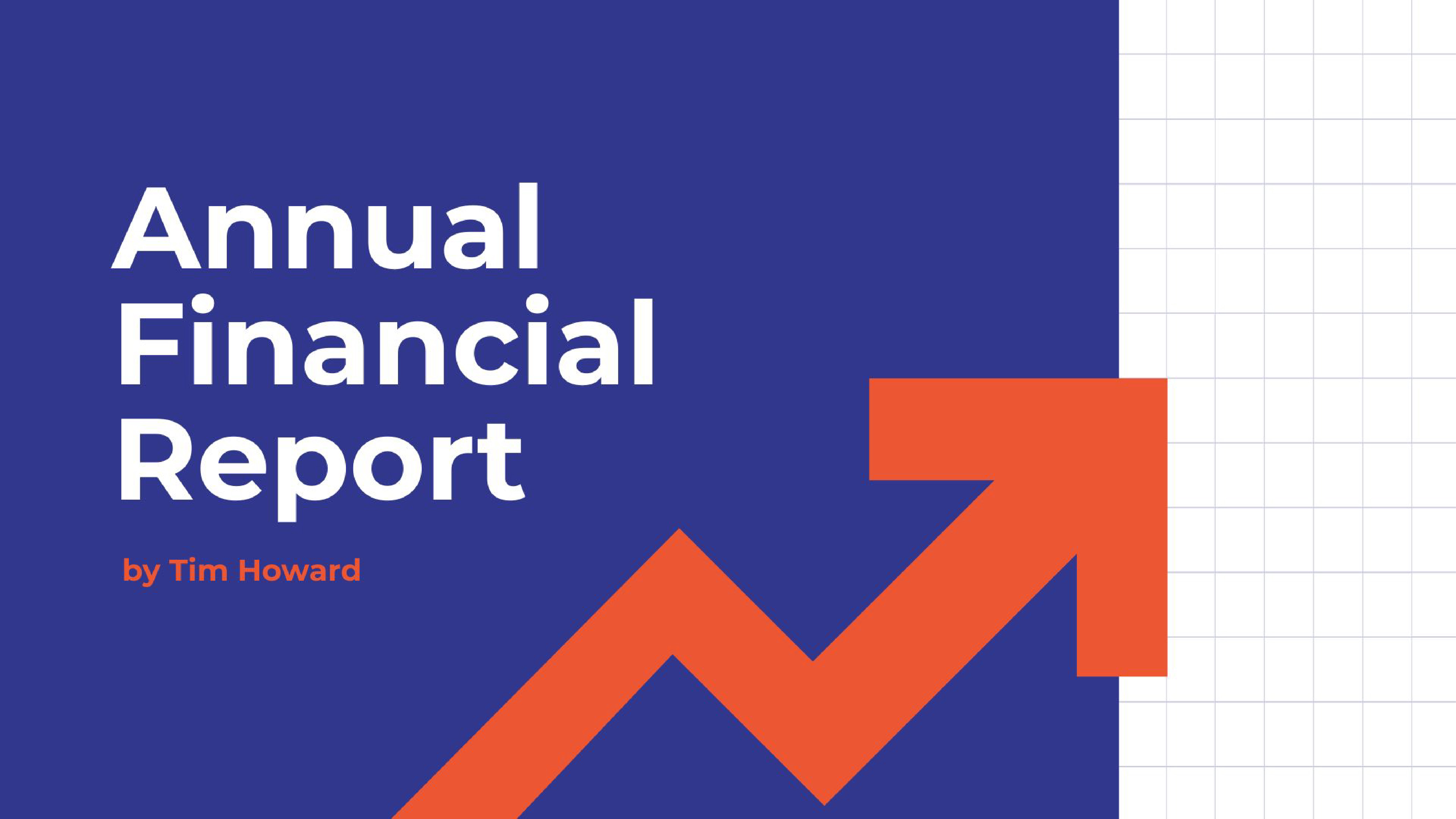How Late Student Loan Payments Impact Your Credit

Table of Contents
Late student loan payments can significantly damage your credit score, impacting your ability to secure loans, rent an apartment, or even get a job. This article explores the repercussions of delinquency and offers advice on managing your student loan debt effectively, helping you navigate the complexities of student loan repayment and credit health. Understanding how late student loan payments impact your credit is crucial for long-term financial well-being.
Understanding the Credit Reporting Process for Student Loans
How Student Loan Delinquency is Reported
The three major credit bureaus – Equifax, Experian, and TransUnion – track your student loan payment history. When you miss a payment, your loan servicer reports this delinquency to these bureaus. The timing of reporting varies, but typically, a payment is considered delinquent after 30 days. Further negative marks are added after 60 and 90 days of missed payments. The severity of the negative mark increases with the length of delinquency.
- Negative Marks: Late payments appear on your credit report as "derogatory marks," significantly lowering your credit score. The impact is more severe with multiple late payments or prolonged delinquency.
- Federal vs. Private Loans: Both federal and private student loans are reported to credit bureaus. However, the consequences of defaulting on federal loans can be more severe, potentially leading to wage garnishment or tax refund offset.
The Impact on Your Credit Score (FICO Score)
Late student loan payments directly impact your FICO score, a crucial factor in determining your creditworthiness. A single late payment can result in a substantial score drop, while multiple late payments or a pattern of delinquency can cause a more significant decrease. The length of time the negative mark remains on your report also affects your score.
- Score Drops: A 30-day late payment might lower your score by 30-50 points, while a 90-day late payment could result in a drop of 100 points or more. The specific impact depends on your overall credit history.
- Duration of Negative Marks: Negative marks typically remain on your credit report for seven years from the date of delinquency. This means the impact of a late payment can linger for a considerable period.
- Late Payment vs. Default: A late payment is different from a default. Default occurs when you stop making payments altogether and the loan is considered uncollectible by the lender. Default results in much more severe consequences than a single late payment.
Consequences of Late Student Loan Payments
Higher Interest Rates
Late student loan payments severely damage your credit, leading to higher interest rates on future loans. Lenders view borrowers with poor credit as higher risk, so they charge more for the increased perceived risk.
- Increased Interest Rates: A poor credit score can increase your interest rates on mortgages, auto loans, and even credit cards by several percentage points. This translates into thousands of extra dollars paid in interest over the life of the loan.
- Compounding Interest: The higher interest rate compounds over time, making it even harder to manage your debt and potentially leading to a cycle of debt.
Difficulty Securing Future Loans and Credit
A damaged credit history due to late student loan payments makes it extremely difficult to secure future loans or credit cards. Lenders are less likely to approve applications from borrowers with poor credit.
- Loan Application Denials: Banks and other lending institutions may deny your application for a mortgage, auto loan, or personal loan due to your poor credit history.
- Higher Insurance Premiums: Your credit score can also influence your insurance premiums. A poor credit score can lead to significantly higher rates for auto, home, and even health insurance.
Wage Garnishment and Other Legal Actions
Defaulting on federal student loans can lead to severe legal consequences. The government can garnish your wages, seize your tax refund, or even file a lawsuit to recover the debt.
- Wage Garnishment: A portion of your paycheck can be legally withheld to pay off your student loan debt.
- Tax Refund Offset: The government can seize a portion or all of your tax refund to apply towards your delinquent student loans.
- Lawsuits: In extreme cases, the government may file a lawsuit against you to recover the debt, potentially leading to further financial penalties and damage to your credit.
Strategies for Avoiding Late Student Loan Payments
Budgeting and Financial Planning
Creating a realistic budget is essential for managing student loan payments effectively. This involves tracking your income and expenses, prioritizing essential payments, and allocating funds for your student loans.
- Budgeting Apps and Tools: Utilize budgeting apps and online tools to simplify the process and gain insights into your spending habits.
- Prioritizing Payments: Make student loan payments a top priority in your budget to avoid late payments and their negative consequences.
Exploring Repayment Options
Federal student loans offer various repayment plans to make managing your debt easier. These plans can adjust your monthly payments based on your income, defer payments temporarily, or even forgive a portion of your debt after a certain period.
- Income-Driven Repayment (IDR) Plans: These plans adjust your monthly payments based on your income and family size.
- Deferment: This allows you to temporarily postpone your student loan payments under specific circumstances.
- Forbearance: This allows you to temporarily reduce your monthly payments or suspend them altogether for a limited time. However, interest typically continues to accrue during forbearance.
- Loan Consolidation: Combining multiple loans into a single loan might simplify payments and potentially lower your interest rate.
Communicating with Your Loan Servicer
If you anticipate difficulty making your student loan payments, immediately contact your loan servicer. Open communication can help you negotiate a payment plan or explore hardship assistance programs.
- Contacting Your Servicer: Reach out to your servicer via phone, email, or mail as soon as you anticipate problems making a payment.
- Providing Information: Be prepared to provide information about your financial situation to your servicer.
- Negotiating a Payment Plan: Your servicer might be able to work with you to create a more manageable payment plan.
Rebuilding Your Credit After Late Student Loan Payments
Monitoring Your Credit Report
Regularly check your credit report for errors and monitor your credit score to track your progress. This helps you identify and correct any inaccuracies and understand the impact of your payment behavior.
- Free Annual Credit Reports: Obtain your free annual credit reports from each of the three major credit bureaus (Equifax, Experian, and TransUnion) at AnnualCreditReport.com.
- Credit Monitoring Services: Consider using a credit monitoring service to track your score and receive alerts about changes in your credit report.
- Dispute Inaccuracies: If you find any errors on your credit report, dispute them immediately with the relevant credit bureau.
Credit Repair Strategies
Rebuilding your credit after late student loan payments takes time and consistent effort. Focus on consistently making on-time payments, paying down existing debt, and using credit responsibly.
- On-Time Payments: Make all your payments on time, including credit cards, utilities, and other loans.
- Debt Reduction: Prioritize paying down your existing debt, especially high-interest debt.
- Responsible Credit Use: Avoid maxing out your credit cards and maintain a low credit utilization ratio.
- Secured Credit Card: A secured credit card can help you rebuild your credit if you have difficulty obtaining a regular credit card.
Conclusion
Late student loan payments have serious and long-lasting consequences for your credit score and financial health. Understanding the credit reporting process, the potential repercussions of delinquency, and strategies for avoiding late payments are crucial for maintaining good credit. Ignoring late payments can result in a downward spiral of debt and financial hardship.
Call to Action: Take control of your student loan debt and protect your credit score. Learn more about managing your student loan payments effectively and avoid the negative impact of late payments. Don't let late student loan payments ruin your financial future! Start planning your student loan repayment strategy today.

Featured Posts
-
 Injury Report Giants Vs Mariners Series April 4 6
May 17, 2025
Injury Report Giants Vs Mariners Series April 4 6
May 17, 2025 -
 Best No Verification Casinos 2025 7 Bit Casinos Top Ranking Explained
May 17, 2025
Best No Verification Casinos 2025 7 Bit Casinos Top Ranking Explained
May 17, 2025 -
 Is It Possible To Bet On The Los Angeles Wildfires
May 17, 2025
Is It Possible To Bet On The Los Angeles Wildfires
May 17, 2025 -
 Valerio Therapeutics Announces Delay Of 2024 Annual Financial Report And Financial Statement Approval
May 17, 2025
Valerio Therapeutics Announces Delay Of 2024 Annual Financial Report And Financial Statement Approval
May 17, 2025 -
 Record Breaking Season Josh Harts Triple Double Dominance For The Knicks
May 17, 2025
Record Breaking Season Josh Harts Triple Double Dominance For The Knicks
May 17, 2025
Latest Posts
-
 The Listener March Viewing Guide End Of The Valley With Temuera Morrison
May 17, 2025
The Listener March Viewing Guide End Of The Valley With Temuera Morrison
May 17, 2025 -
 Top 10 Sherlock Holmes Quotes Of All Time
May 17, 2025
Top 10 Sherlock Holmes Quotes Of All Time
May 17, 2025 -
 10 Best Sherlock Holmes Quotes Ranked
May 17, 2025
10 Best Sherlock Holmes Quotes Ranked
May 17, 2025 -
 Propiedad Espanola De Alan Carr Y Amanda Holden En El Mercado Por E245 000
May 17, 2025
Propiedad Espanola De Alan Carr Y Amanda Holden En El Mercado Por E245 000
May 17, 2025 -
 Townhouse Reformada En Espana A La Venta Por E245 000 Alan Carr And Amanda Holden
May 17, 2025
Townhouse Reformada En Espana A La Venta Por E245 000 Alan Carr And Amanda Holden
May 17, 2025
